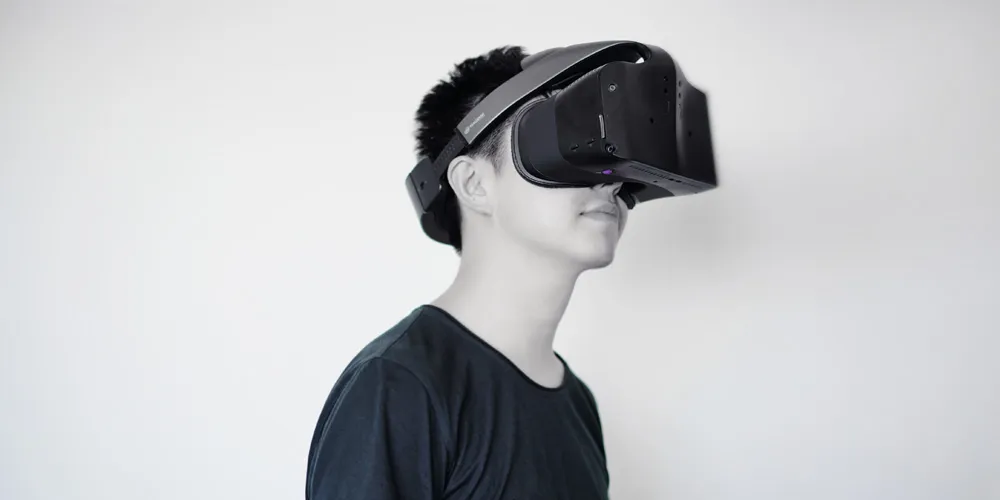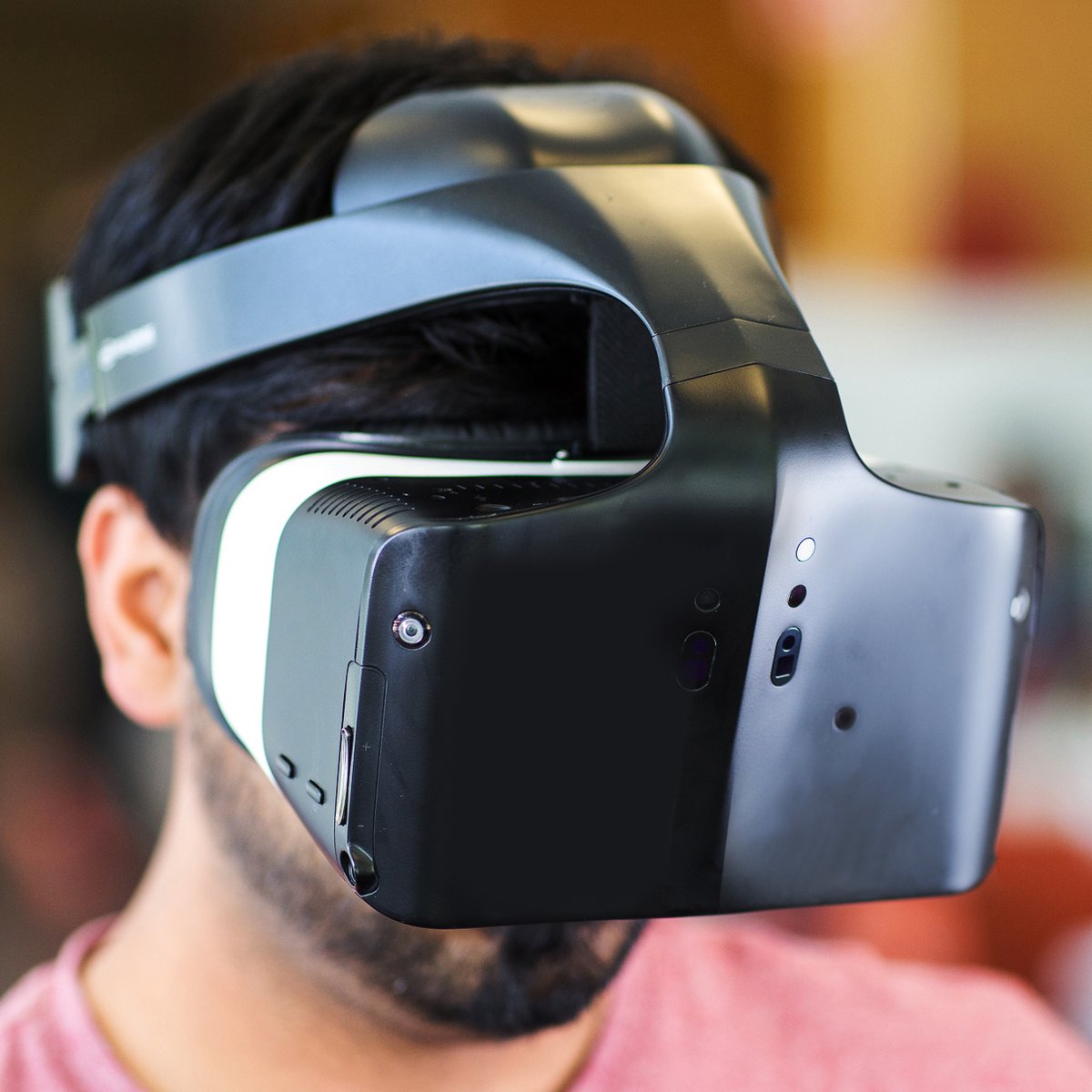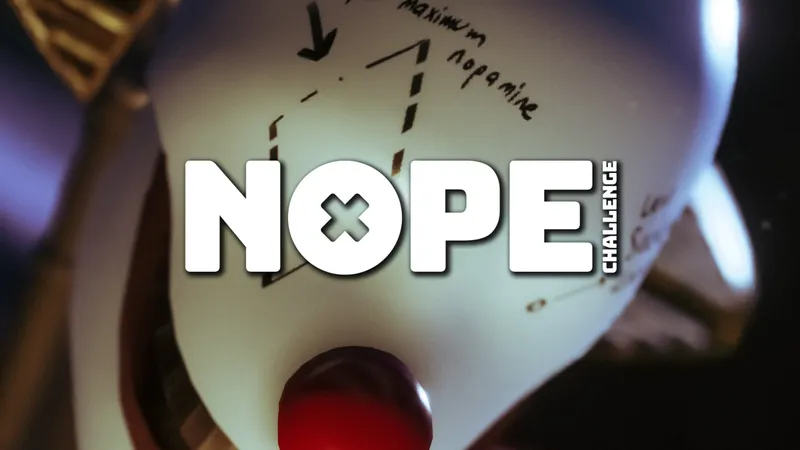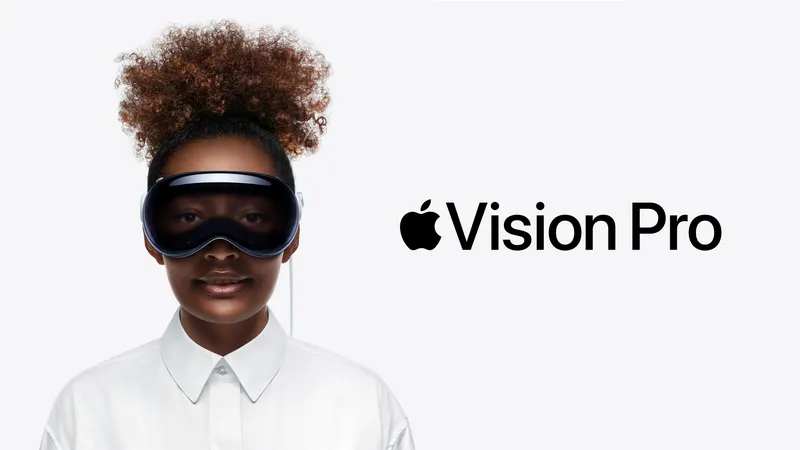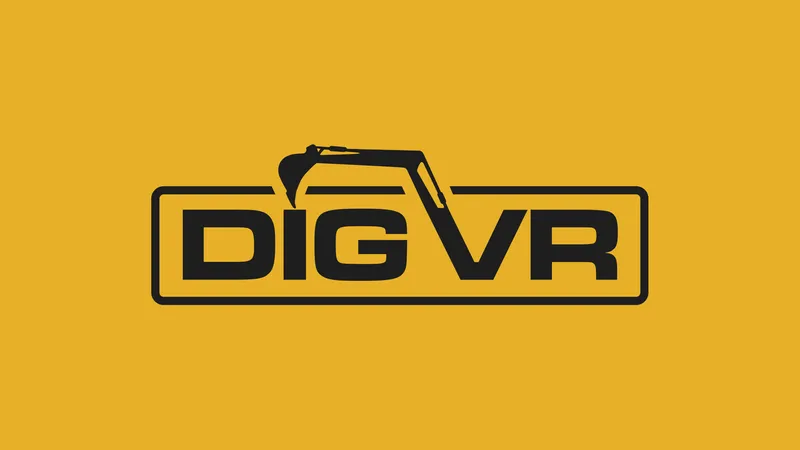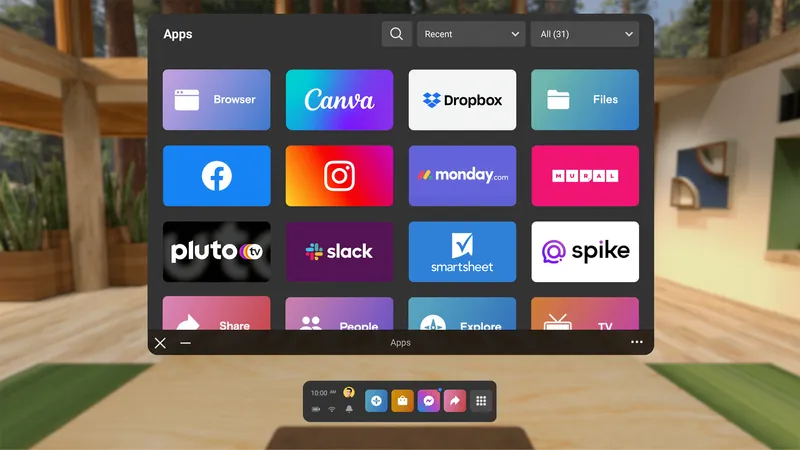The cost of virtual reality headsets created using Intel’s Project Alloy reference design is going to be “closer to $1000” according to Achin Bhowmik, the head of the company’s perceptual computing group.
During an interview with UploadVR, Bhowmik explained that the price of Project Alloy-powered VR headsets would be “comparable to a typical laptop” and estimated that the likely all-in cost for one of these will be anywhere from $599-$899. Bhowmik still views this as a cheaper point of entry into VR for most consumers because “you wont need a PC to run it.”
Project Alloy is the name for an Intel-created reference design that outside hardware manufacturers will be able to use to create standalone VR headsets. What makes Alloy products special is that they are self-contained machines. Most VR headsets right now, like the Oculus Rift, HTC Vive and PSVR, are tethered by a long cord to a machine that can cost anywhere from a couple hundred to many thousands of dollars. Alloy, however, is a wireless VR solution that puts the rendering, tracking and display hardware all into the actual headset itself.
Bhowmik said this means Alloy headsets will inherently be less powerful than a Rift or a Vive — with far less powerful rendering power packed into the headset compared with a desktop PC. However, Intel is betting that the freedom provided by a wireless, standalone product will be enough to allow their headset designs to remain competitive when they eventually release.
In fact, according to Bhowmik “we don’t see [Alloy] competing at all [with other high-end headsets]. They are not even in the same ballpark. It’s not going to be one killing the other.”
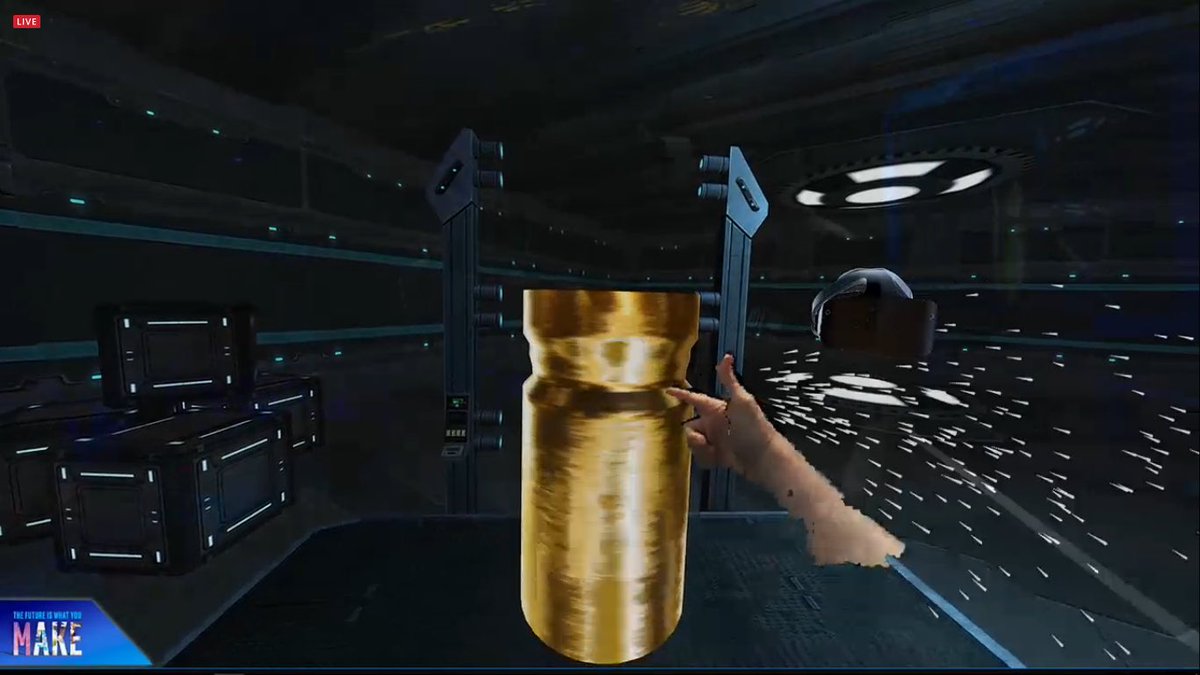
Intel has no plans to manufacture and release a VR product of its own but it is preparing to send out “thousands” of Alloy dev kits to interested organizations by the end of this year. This means that we likely won’t see any Alloy-created headsets from partner manufacturers until 2018 at the earliest.
Project Alloy was demonstrated at this year’s CES in Las Vegas and we have two hands on reports for you to explore.

